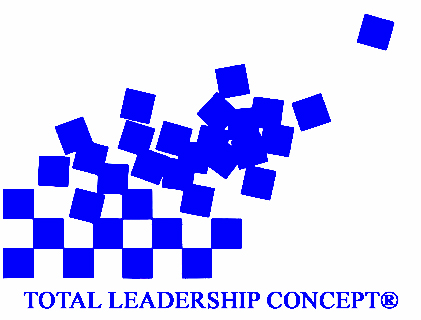
Abilities
Arousal
Attitude
Behavior
Beliefs
Competencies
Engagement
Environment
EI
Experience
Feelings
Intention
Motivation
Nature and genes
Organization
Performance
Performance Improvement
Performers
Process
Results
Skills
Social Pressure
Talent
Understanding
Values
When training complex cognitive skills, what we are normally saying is that there will be "procedural overlap" - the skills and knowledge that have been compiled while practicing in the learning environment are applicable back on the job. That is, we are assuming that a transfer from the learned task to the new task will be positive in that the underlying set of "productions" overlap. A production is a set of conditions-action pairs (if-then) and are the building blocks of procedural knowledge.
The trouble with this approach is that experts use "declarative knowledge" when problem solving - proposition models in which highly complex schemata are built from:
- Plans (simple):
How goals, which are distinguished by an artifact are related to time
and space.
- Concepts (simple): The representation of a class of objects,
events, or other entities by their characteristic feature or mental
image.
- Principles (simple): How one change is related to another
change
- Causal Network (complex): A combination of principles and
concepts that are linked to each other with cause and effect and/or
natural-process relationships.
- Goal-Plan Hierarchies (complex): Goal and/or plan structures
that are linked to each other with non-arbitrary relationships.
- Conceptional model (complex): Concepts that are linked
to each other with non-arbitrary relationships, such as a concept
map.
So in reality, we expect the learners to transfer a simple production system into a highly complex cognitive schemata system. But they simply have nothing to build upon. We know that learning, innovation, creativity, and all the other things that go into creating complex knowledge are best accomplished by constructing a scaffold that allows one to connect various contexts such as relationships, physical tools, and mental tools. Yet we give them a very short step ladder (the production) that can be used to change a light-bulb, however, what they really need is a scaffold that will allow them to reach several stories (declarative knowledge).
And the main reasons are simply resources and expectations. In college, it is downright difficult, if not impossible, to train complex cognitive skills in a semester; yet look what most problem solving courses in the corporate training world are -- a couple of hours, eight hours top. And then we expect the learners to transfer what they have learned in the classroom to the job. Yet, all they have are a very few simple if/then statements to take back to the job. Such training is totally inadequate.
Part of the problem is that we too often view the training process as "cybernetic", a communication theory that treats organisms and organizations as being very much alike in that both display "behavior." And we expect this cybernetic training process to "behave" in such a way that it steers us to a desired destination by treating "ways of behaving." Now this would not be too bad except for one minor point...we look for no feedback. Thus we steer this training ship of ours towards a destination, yet on the way we take no compass or sextant readings. We simple do not where we are at any point during our trip, yet we expect this cybernetic organization of ours to get us to where we are going.
And the reason we blindly steer this ship of ours is that our expectation is not a "result" that will fix or improve a process, but rather a "completion" that tells us we have finished a specific cycle of training. Thus what we should be doing is looking for results and taking measurements along the way to ensure we are indeed getting the result or impact that we desire; rather than simply performing training for the sake of doing it.
Notes
Schemata (Schema): A mental model of a person, object
or situation. Schema include cognitive maps (mental representations
of familiar parts of one's world), images, concept schema (categories
of objects, events, or ideas with common properties), event scripts
(schema about familiar sequences of events or activities) and mental
models (clusters of relationships between objects or processes).